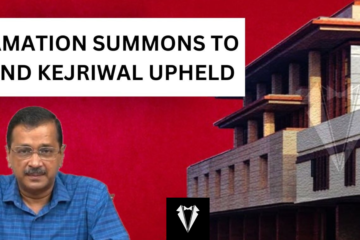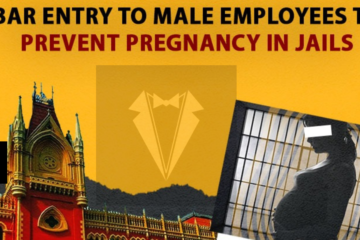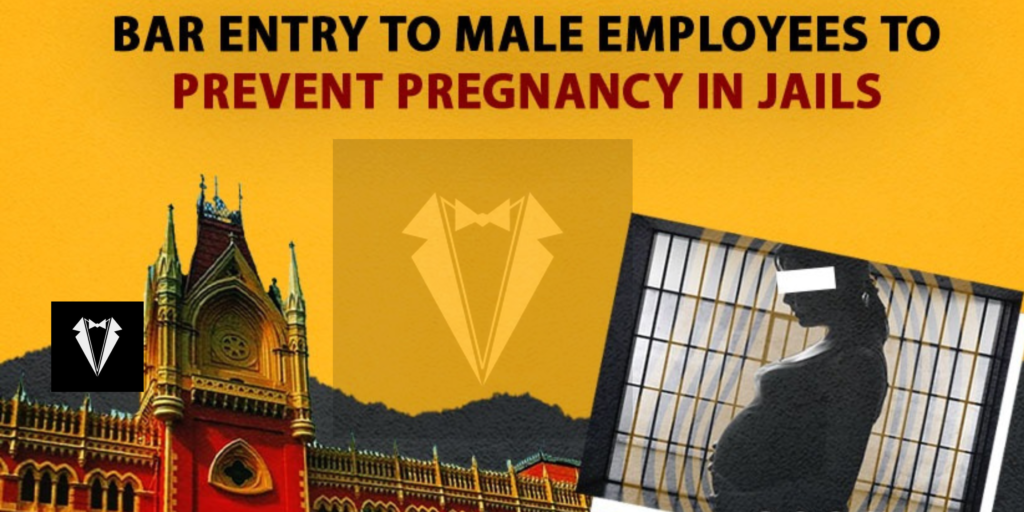
NEW DELHI: The Delhi High Court has declined to dismiss the summonses issued against Delhi Chief Minister Arvind Kejriwal in a criminal defamation case related to his retweet of an allegedly defamatory video titled “BJP IT Cell Part II,” posted by YouTuber Dhruv Rathee in 2018.
In a significant ruling on defamation, Justice Swarana Kanta Sharma, sitting as a single judge, held that retweeting defamatory content constitutes an offense under Section 499 of the Indian Penal Code, 1860. The court emphasized that the act of ‘retweeting’ on the former social media platform ‘Twitter’ (now ‘X’) involves resharing a ‘tweet’ without any edits, and it attracts the provisions of defamation.
While acknowledging the evolution of social media features like ‘quote tweet,’ allowing users to repost content with their comments, the court upheld the summonses issued by the Magistrate and the Sessions Court’s decision in Kejriwal’s subsequent revision plea. The bench emphasized the importance of responsibility when retweeting content on social media, especially content about which the person may lack knowledge.
The court ruled that since reputational harm is caused by defaming a person, individuals who engage in retweeting without a disclaimer may face penal, civil, or tort action. The decision, however, leaves some ambiguity regarding whether a general disclaimer on the person’s timeline, such as “retweets do not amount to endorsements,” would suffice or if specific endorsements must accompany each retweet.
Highlighting the added responsibility of public figures in disseminating content, the court noted that defamatory statements echoed in the cyber domain can have far-reaching consequences. For public figures like Kejriwal, with a substantial following, the court reasoned that the audience becomes a citizenry at large, and the impact on society is substantial.
The defamation complaint against Kejriwal was filed by Vikas Sanskrityayan, the founder of the social media page “I support Narendra Modi.” Sanskrityayan alleged that the YouTube video, circulated by influencer Dhruv Rathee, contained false and defamatory claims, and Kejriwal’s retweet without verification had tarnished his reputation both within India and internationally.
The trial court had accepted the complainant’s assertion that the video was defamatory and that Kejriwal’s retweet had caused reputational damage. The case is titled “Arvind Kejriwal v. State & Anr.”



